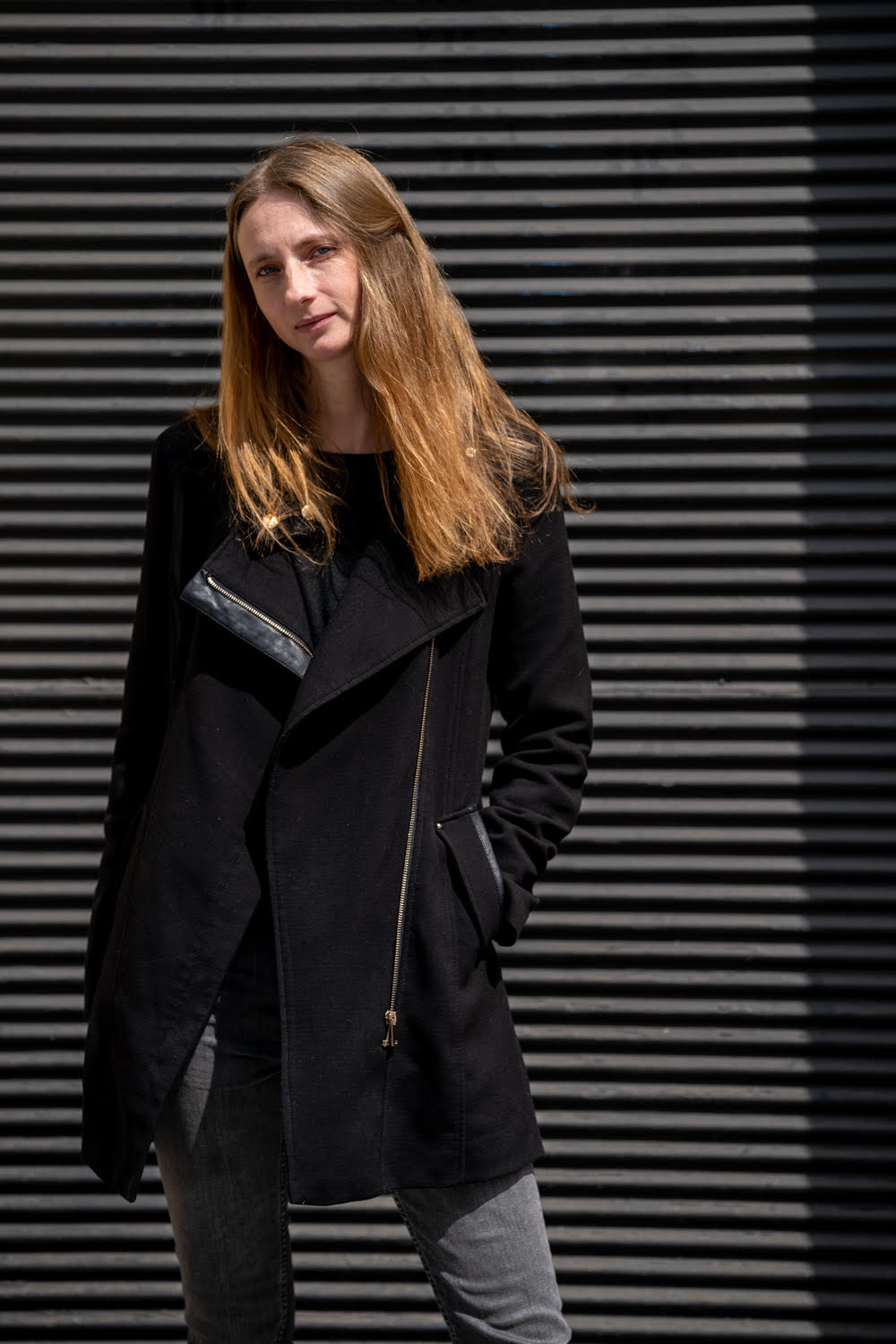Jealousy, Love and Death are the Same Everywhere
Be honest, did you really expect to be selected into the Cinéfondation competition of the Cannes Film Festival when you sent your short film to them?
I was pretty surprised when they sent me an email saying that my film had been selected. It was signed by Dimitra Karya, the director of the selection. To be sure, and before I told the other crew members, I quickly Googled whether it was really Cinéfondation that we were talking about, because it just seemed so unbelievable.
The majority of Hungarian movies tell stories about younger or middle-aged people, but the older generation is rarely seen on canvas. Why did you choose this topic?
We wanted to adapt a contemporary Hungarian short story. It may sound strange, but we had to consider that our university only had a certain amount of money to fund a student’s film, so we had to choose a short story with few characters in it. That’s how we found As Up To Now by Krisztina Tóth. The topic of mothers and daughters has always interested me; that’s the reason behind the representation of the older generation.

Katalin Moldovai
Is your own private life the reason behind your interest in the mother–daughter topic?
Of course. You always become part of your own movies. Things can only be truthful and genuine if they have happened to you too: things that you can’t untangle in your own life, things that you want to work on or change or things that you don’t want to experience yourself, or at least not the same way as they happen in your movie. With As Up To Now, my situation is the latter.
What interested you more in the short story: how to deal with a serious illness or the incapacity of the mother and daughter to communicate with each other?
The incapacity to communicate. So often are we scared to be honest and say what we think and feel, I guess mainly out of fear. A lot depends on what kind of family you grew up in, how everyone communicated and what you saw and learned from your parents, because we will always carry that with us in our lives. We should protect some of it but we should also lose some of it.
You grew up in Transylvania but you directed your short film while studying at the Budapest Metropolitan University. How did you end up there?
I was awarded my bachelor’s degree at the Sapientia Hungarian University of Transylvania in Cluj-Napoca where I specialised in film, photo and media. After that I applied to study in Budapest. To be honest I wanted to go to Bucharest, but to be able to do that I would have had to have applied with a film shot on 35mm. Whereas at Sapientia we could only shoot digitally, which made it impossible for me to get in.
Why did you want to study in Bucharest?
Because I knew the ambience better, I was more familiar with the milieu. You feel at home where you grew up. You understand why people behave how they behave and why they say what they say; you know where their words come from regardless of whether they’re speaking Hungarian or Romanian. It’s all in your veins. To feel the same elsewhere you have to live in another society for at least two years. When I arrived in Budapest I wasn’t able to move within the spaces of the city as I would have had it been home. I needed two years before I could find my way around.
But in those two years you attended classes at university.
My first year was really hard. I lost the solid ground to stand on. But then I realised that human feelings are actually universal: jealousy, love and death are the same everywhere. Everything else, culture and history of a certain society, are only additions to all that. But realising that cost me all my time at the University of Theatre and Film Arts (Editor’s note: UTFA, which is considered to be the main and most important film university in Budapest). I needed more time to get through these feelings, but it’s something I didn’t realise back then. Now, years later, I must say I’m happy that my story at UTFA ended, even if I didn’t feel that way at the time; but life has proven that it just wasn’t my place to be.

Katalin Moldovai
So did you have thoughts about leaving everything behind and going back home?
I don’t give up that easily! You learn the most through failures. Although I can’t say that the thought didn’t cross my mind never to do anything in the film industry again. I was given the opportunity to go back and do further study at UTFA. I spent a whole week thinking about what to do, even writing up a list of pros and cons of UTFA and of my other option, the Metropolitan University. But it was while I was sitting in a cafe in Greece that I suddenly heard a Hungarian song being played on the radio. I still can’t believe how that Hungarian-language hit started playing right there and then. The refrain went something like “Never say it’s over but only that that’s it, it was worth it. And if it was worth it, you can turn the page.” It was then that I knew I wasn’t going to go back.
Do you have any plans for a feature film?
Yes. I have plans for a movie that I could only shoot in Romania and I have plans for one that I could only shoot in Hungary.
So I guess you are happy to have two places to call home.
Absolutely. I speak another language, I know another culture. This is something that has only given me good things in life. I’m happy with that.
Bálint Kovács
